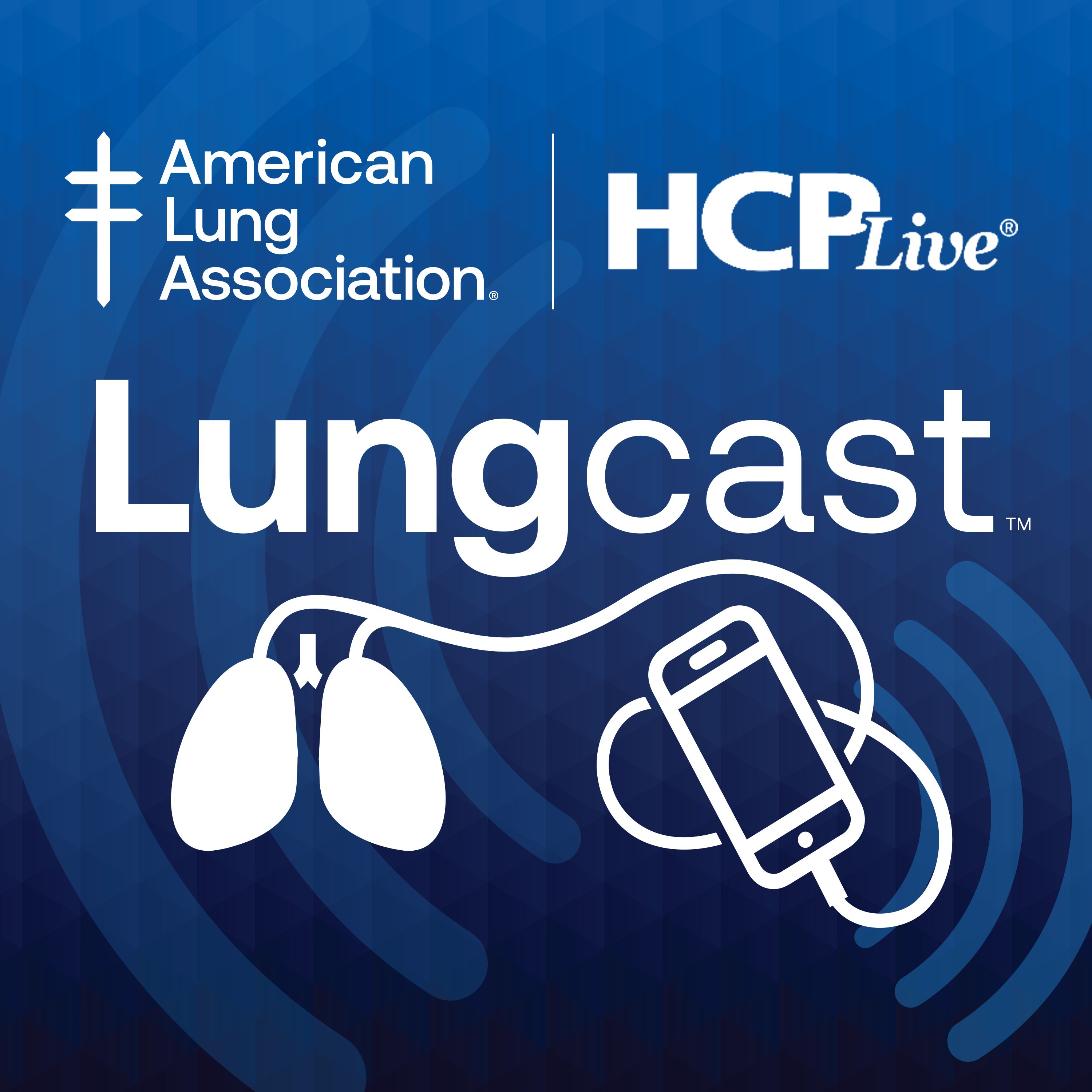Article
Sleep Issues Contribute to Parental Burnout for Mothers
Author(s):
There was a positive correlation between parental burnout, emotional schemas, and insomnia or hypersomnia.

New research shows insomnia and other sleep problems for mothers is a direct factor leading to parental burnout.
A team, led by Bessat Kalantar Hormozi, Faculty of Education and Psychology, Department of Psychology, Alzahra University, identified the mediational role of emotional schemas as psychological constructs relating parental burnout to sleep problems in mothers of school-aged children.
The Importance of Sleep
The fact that sleep is important for the mental well-being of individuals has long been established. There is also evidence that mothers who experience sleep problems are more prone to parental burnout. However, the possible mediators for parental burnout and sleep problems have not yet been investigated.
“Poor sleep can interact with psychological and physical disorders and impose several health consequences,” the authors wrote. “Recent evidence suggests sleep problems in parents can be evaluated as the consequence of parental burnout.”
Parental burnout is generally characterized by feelings of exhaustion and unhappiness due to the parental role, feeling different from previous parental self, and emotional distancing from offspring.
Assessing Sleep in Mothers
In the cross-sectional study, the investigators identified 224 mothers that submitted data online from the Parental Burnout Assessment (PBA) scale, Mini Sleep Questionnaire-Persian Version (MSQ-P), and Leahy Emotional Schema Scale (LESS II). The participants ranged from being aged 25-51 years, with a mean age of 36.8 years.
The investigators performed structural equation modeling (SEM) using the bootstrap method to assess the mediation model.
The investigators found a positive correlation between parental burnout, emotional schemas, and insomnia or hypersomnia.
After conducting a mediation analysis, the investigators confirmed that parental burnout and insomnia or hypersomnia are related indirectly through emotional schemas.
“Implications of the findings is that when parental burnout is present, the psychological treatment of sleep problems may benefit from targeting emotional schemas,” the authors wrote. “However, further research is needed to determine whether similar mediational effects are replicated.”
Sleep Problems for Perinatal Women
Earlier this year, Sammy Dhaliwal, PhD, MSs, Perelman School of Medicine, and a group of investigators conducted a study to test the directionality of the relationship between habitual nighttime sleep parameters and daytime stress ratings during the perinatal period.
The research was presented at Associated Professional Sleep Societies (SLEEP) 2022 Annual Meeting.
Pregnancy often brings pronounced sleep disturbance. 85% of women endorse shorter and more fragmented sleep patterns during the gestational process.
Investigators noted that new-onset antenatal depression (AND) is a known risk factor for postpartum depression, but that its etiology remains less understood, despite well-established evidence that incidence is the same among healthy first-time mothers as compared to women with established risk factors. Particularly ones inclusive of family or personal history of psychopathology.
Antenatal depression may be provoked by disrupted sleep due to heightened daily stress, investigators suggested. Daily stress appraisals could be a critical pathway leading to this.
The study, “Parental burnout and sleep problems in Iranian mothers of primary school-aged children: Exploring the mediation effect of emotional schemas,” was published online in Brain and Behavior.





